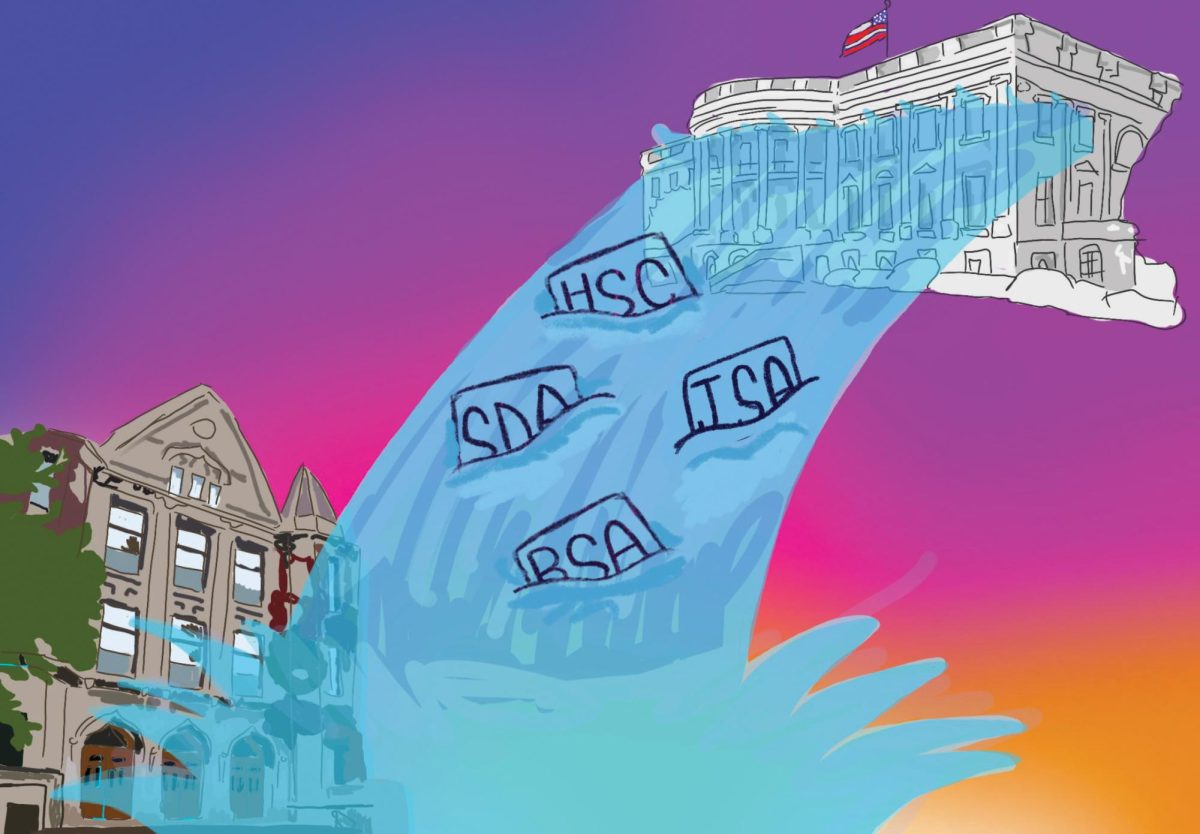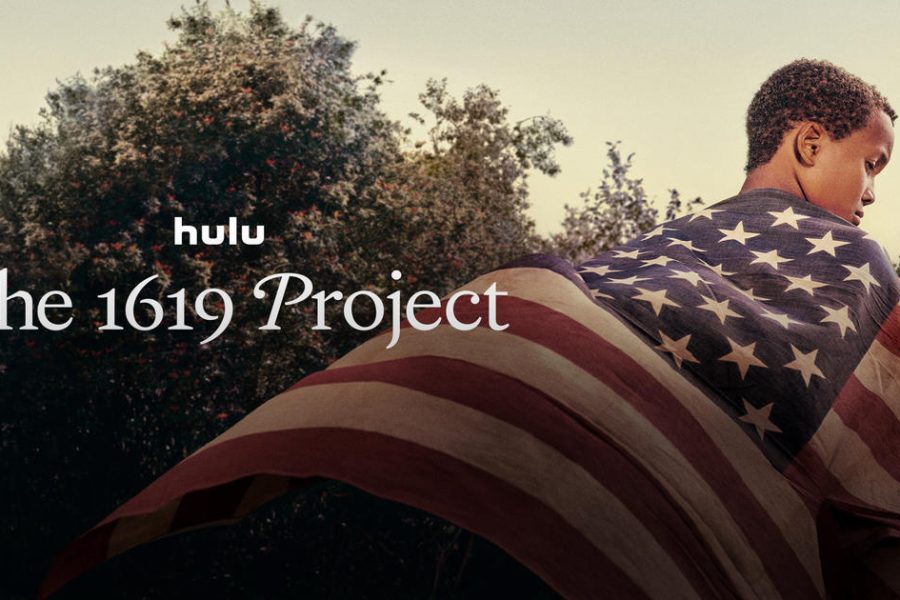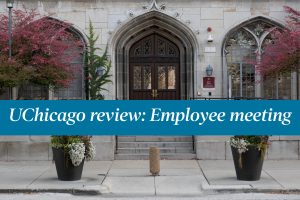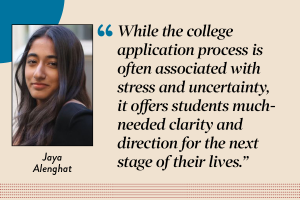‘1619’ on Hulu reframes American history
Hulu
“The 1619 Project” is a television series that aims to to reframe America’s history by placing Black people’s contributions at the center of what shaped today’s culture.
March 27, 2023
With an American flag waving overhead, Nikole Hannah-Jones, a Pulitzer Prize-winning journalist and author, strolls through a neighborhood in Williamsburg, Virginia. Then, a photo series of childhood with her father begins, as a voiceover about her father’s American pride plays. Contradicting her father’s pride are her reflective words questioning how her father could feel so proud of a country that’s treated Black people “so poorly.”
This introspection opens the documentary series, “The 1619 Project,” which debuted on Hulu in January. The series is a continuation of The New York Times Magazine’s 2019 “The 1619 Project” that was also created by Ms. Hannah-Jones. Each of the six hour-long episodes — “Democracy,” “Race,” “Music,” “Capitalism,” “Fear” and “Justice” — are based on chapters from Ms. Hannah-Jones’s novel, “The 1619 Project: A New Origin Story.”
As some states attempt to revise school history curriculums and eliminate aspects of how race and identity affected U.S. history, “The 1619 Project’s” mission is to reframe the country’s history by placing the consequences of slavery and Black people’s contributions at the center of what shaped today’s culture of the nation. “The 1619 Project” is named after the year the first enslaved African people arrived in the United States.
An engaging and reflective telling of Black Americans’ national contributions, Hulu’s “The 1619 Project” connects United States’ history and introduces the tools needed for an informed contemplation about race, culture and what it means to seek systemic justice in today’s cultural and political climate.
While filled with historical knowledge and contextualization, the series stands out from most historical documentaries. With well-interwoven interviews with experts in their fields, everyday people and Ms. Hannah-Jones’ personal anecdotes, each episode feels like an intimate view into personal lives rather than an educational documentary. What really differentiates this series from a typical documentary are the clear connections between historical oppression and the same forms of systemic oppression today.
Interviews and anecdotes about topics, such as voter discrimination and maternal healthcare, shed light on the present-day impacts systemic racism have on Black communities in the United States and uncover the roots of these issues. Despite the heavy content, “The 1619 Project” is also celebratory. An example of this is the third episode, “Music,” which spotlights the role music has in Black resistance, individuality and empowerment.
“The 1619 Project” also criticizes the ways this history and resilience is overlooked. This is evident in the first episode, “Democracy,” when explaining how Lord Dunmore, the royal governor of Virginia, freed slaves to fight for the British in the Revolutionary War and that those enslaved were at the center of the war. However, Ms. Hannah-Jones mentions that perspectives of Black contributions and cruciality are often left out of school curriculums.
For this reason, “The 1619 Project” is both enlightening and thought-provoking. It shows viewers the tangible and still-existing effects slavery and systemic racism have and also tells the stories of people who have lived it with adoration.




























































